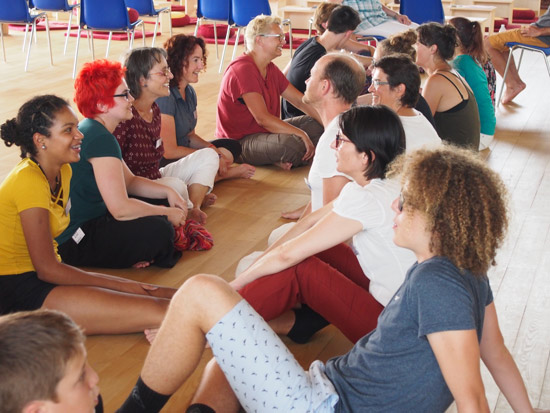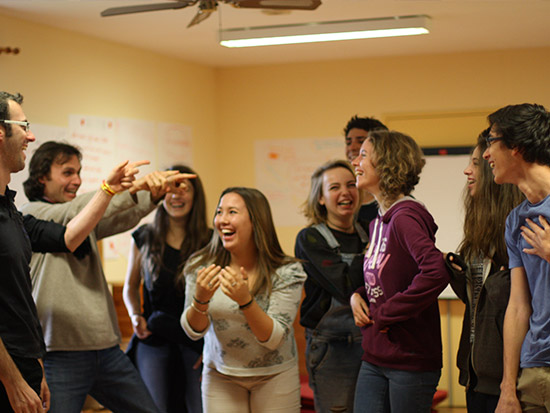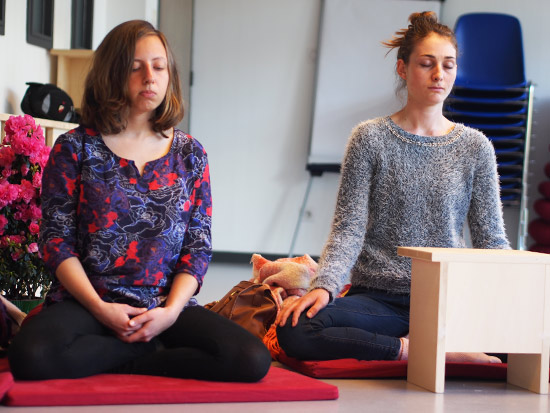Tendrel is a review that was published by the team at Dhagpo, from 1982 to 2002, with 2 or 3 publications per year.
During a week-end organised in October 1999 with lama Puntso and anila Tcheuying with about ten young adults between 18 and 25, lama Jigmé Rinpoché came to speak about dharma and ethics. Here are a few excerpts from that teaching, still valid today:
The meaning of the dharma is to better understand oneself, to have a clearer vision of one’s mind and discover how to use one’s potential. According to the teaching of the Buddha, we have innate potential, wisdom that is to say, Buddha nature, the nature of the mind, the potential of enlightenment. The dharma guides us to become a better human being. To have a human life that is just and in line with Buddha’s teaching, with the most important being ethics. To speak of ethics, is to speak about truth. When we say “be in the truth”, that may be a little vague, or even strange and we don’t truly see what it is referring to.
To have correct ethics or be in a truth means, in one way to develop honesty and in another way to develop a correct attitude. Honesty consists of having a sincere relationship between one’s self and another; once this honesty is found, then we can apply it at a later time and put it to work.
Stop harming
To have correct ethics, means to stop harming others and one’s self. There are two ways to harm: directly or immediately, and indirectly which creates causes that will have an effect at some point. To ask these questions, is to inquire which causes generate which effects. Certain causes disturb others as well as our selves, while others do not. It is about making choices. « Which attitudes do I carry that are harmful for myself and others, and which attitudes are not? », that is where correct ethic and truth of a situation lie.
There are few people who voluntarily want to be harmful to themselves; if they act in this manner, it is because they do not have confidence. On the basis of ethics, truth and honesty, what is important is to try to remain positive with one’s self and with others, not only to stop harming them, but try to be constructive. That means to stop deceiving others. When we are wrapped up in pride, jealousy, attachment, in all these emotions that inhabit us, then, we are harmful.
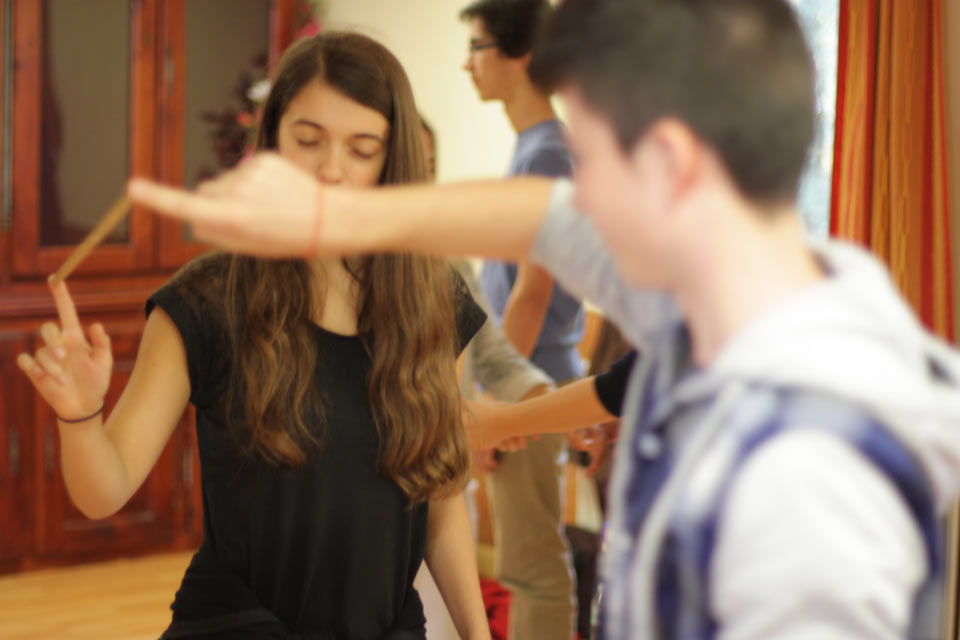
Understand what is lived
It is important to understand what happens to us, what we go through, and what makes us act. That is how we will be able to face situations that arise, and be able to do something. On the other hand, if we understand neither what we are going through nor the situation in which we find ourselves; we will act through habit, quite innocently, without truly being conscious of what is happening. We act therefore, according to others, how they look at us, the influence they have and in the end, our mind will be completely swept up by its own mental habits, and not necessarily intended.
To see how our mind functions is essential. If we look at ourselves, we can see precisely how we function. Starting with this look inside, a new vision will emerge, because we will understand people, recognizing what is important by one self, recognizing just which mental habits are negative. We are aware of what is harmful and disturbing, we look around ourselves and we see that there are humans that live in different ways and we can hold certain people as inspiring examples.
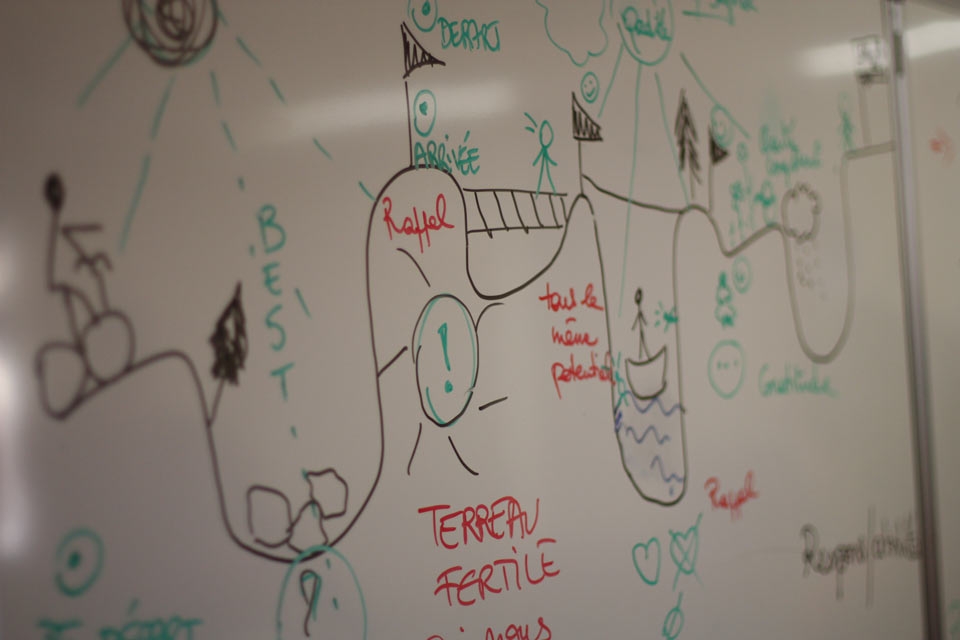
A child is often times clear, fresh, full of energy and force. He wants to be positive and to feel good, just as all humans. But, just as everyone, he is also full of confusion, of limits, of narrow-mindedness and emotions. We reassure ourselves by saying that it is the same for all human beings. But in fact, it is not natural to be limited, confused, and emotional. Through a lack of consciousness, clarity and lucidity, we limit ourselves.
It is important question ourselves, and to ask what it is that we want. We all want freshness, creativity, to be well and be successful in our projects. In order to bring this about, it is necessary to see our defects, at what moment we create the cause of the defect and when there is malfunction. It is important to individually take the time to reflect about what happens.
Sometimes, we can be quite violent, aggressive, quick-tempered, and even crude on the inside. The mind enters into these states of powerful anger. When we examine the cause, we can perceive that it does not have the impact that we initially thought. We give it a lot of importance, which then generates anger, creates suffering and disruption for our selves and others.

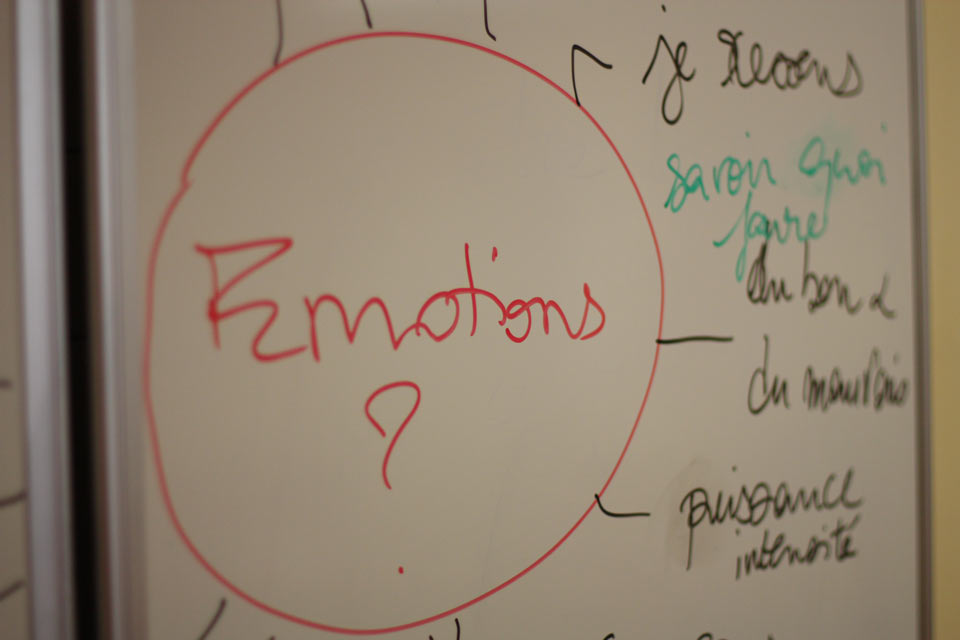
If we manage to not become trapped by this anger and aggressiveness, there is a lot less suffering for our selves and we are much happier and more available. Observing where anger and aggressiveness come from, we realize that there is a close link to attachment, jealousy and pride. By themselves, these emotions are not the problem. The difficulty resides in the fact that they remain unseen.
We are not aware of all this emotional process that puts us in a state of irritation that generates sadness, criticism and a negative view. As such, when we enter into a relationship with others, we will be completely contaminated by this aggressiveness, and the relationship will be distorted.
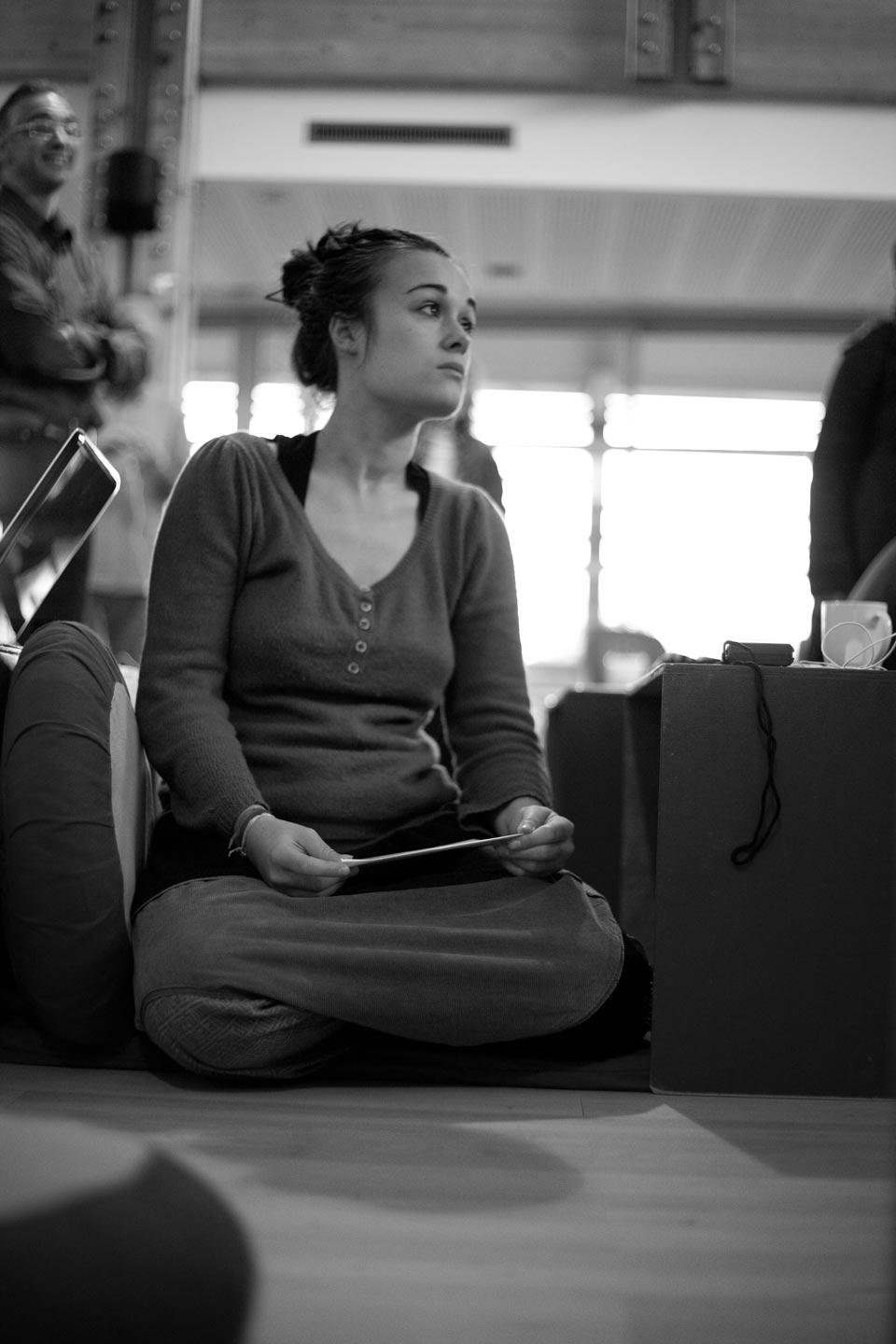
Become aware
To understand the process of emotions and of our reactions, to clarify the mind, is to see that we are in an illusion. That does not mean that nothing exists; illusion means that we are ensnared in the concepts of the mind, in the ideas that we have crystallized, that we are closed in this framework.
It is essential to see that when we are angry, the cause is not as indispensable as we thought. We have a mind that is fundamentally clear and basically sincere; if we look inside our selves, we will understand. We have to make the effort to look inside our selves and comprehend how it works for us.
If we understand how it works for our selves, we can understand how it happens for others. From time to time, it is necessary to go and see how it works for our selves, rather than to remain inactive. We have to take the time for reflection, stillness and observation. If we really look, we will ask our selves why we act as we do and we will be able to extract all the positive of a situation and as such, learn.
We can make choices for our life, to go in the direction of joy and immediate well-being is possible. To be attentive to a positive result generated by what we have put in place is important; we can discover the value of things, not in terms of judgment, but of consequence. We have to ask our selves, as a young adult, in what type of attitude we want to have.
We can, through habit, have experiences that are constructive for our selves and for others. Even if changing is not always easy, let’s ask our selves which way we want to go.

